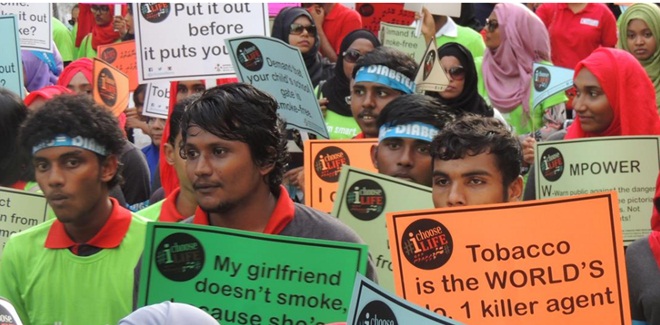Amit Vats
New Delhi: Insufficient rise in duties after roll-out of Goods and Services Tax (GST) has increased the affordability of cigarettes in India even as 3,500 people die every day from tobacco use and its economic burden pegged at Rs 1.7 lakh crore annually, top researchers have claimed.
“The current tax burden on cigarettes in India is 52% and is far below the standard of international best practice. The lack of increase in taxes on tobacco products after the introduction of the GST in the year 2017 has increased the affordability of cigarettes in India,” health economist Dr Rijo John noted.
India got an overall score of 1.88 out of 5 possible points in International Cigarette Tax Scorecard released by Tobacconomics. The score is slightly better than the South-East Asia average (1.82) but lower than the global average of 2.07. It is way below the top performing countries which secured a score of 4.63.
The top performing countries are Australia and New Zealand reflecting high taxes on cigarettes.
The Tobacconomics Scorecard assesses countries’ cigarette tax policies based on international best practice using data from the World Health Organization from 2014-2018. It has been created by the University of Illinois Chicago’s (UIC) Institute for Health Research and Policy.
India had markedly improved its score on cigarette taxation policy from 1.38 in 2014 to 2.38 in 2016 after which it declined to 1.88 in 2018.
“Indian and global studies are providing clear evidence of how tobacco use in all forms, whether smoking or chewing, is leading to severe COVID-19 manifestations and adverse outcomes. Regular tax increases on tobacco products will reduce their consumption and generate much needed revenue to strengthen health promotion and prevention programs,” said Dr Harit Chaturvedi, Chairman of Max Institute of Cancer Care.
The Tobacconomics report noted that reforming tobacco taxes provides a quick and easy way for India to raise much needed revenue for economic recovery.
“Tobacco taxes are the single most effective way to minimize the negative health and economic impacts of tobacco consumption. The best way to do this is through a uniform specific excise tax that comprises at least 75% of the retail price and is automatically updated to stay ahead of inflation and income growth,” it said.

